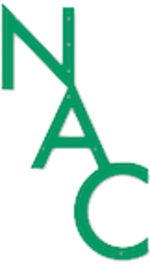Abstract
Acupuncture point names written in Chinese Han characters often provide clinically useful information in both their literal and figurative meanings about location and therapeutic use. The World Health Organization (WHO) standard acupuncture nomenclature includes these names in Han characters in an unusual array that includes both "original" forms and, in parentheses, simplified forms. Construction of a multilingual table of acupuncture point names during development of a database revealed that the assumption that the "original" form in the WHO nomenclature was the traditional Chinese character was frequently false. The Han character forms in the pdf of the 2009 reprint of WHO Standard Acupuncture Point Locations were carefully compared with Han characters used in traditional and simplified Chinese, Japanese and Korean writing systems. This work utilized three online tools: UnicodePlus, Unihan Database Lookup, and Wiktionary. Only 48% of the "original" character forms were traditional Chinese characters. The Unicode number was correct in 99%, but in most cases the East Asian font used was not a traditional Chinese one. The issue about Han character forms was also found in all earlier versions of the WHO standard acupuncture nomenclature. Other detected problems included the use of wrong characters for an "original" character form in one name and for a simplified character form in another name. The WHO standard acupuncture nomenclature should be revised with a focus on accuracy in the usage of Han characters.
